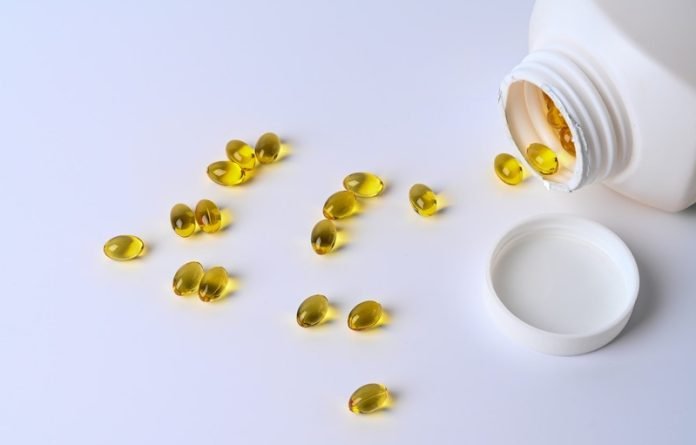
As we grow older, our bodies require more care to maintain our overall health and vitality.
One crucial aspect of this care is ensuring we get enough of the essential vitamin D.
Vitamin D is a fat-soluble vitamin that our bodies produce when exposed to sunlight.
However, as we age, our bodies’ efficiency at producing vitamin D decreases, and our skin’s capacity to absorb it from sunlight diminishes, increasing the risk of vitamin D deficiency.
Here are several reasons why vitamin D is crucial for older adults:
Enhances Bone Strength:
Vitamin D is vital for the maintenance of bone strength as it aids in calcium absorption, which is necessary for bone health. A deficiency in vitamin D can lead to weakened bones and an increased risk of fractures, issues that older adults are particularly prone to.
Reduces Fall Risks:
Vitamin D not only bolsters bone strength but also decreases fall risks among the elderly.
Vitamin D supplementation can enhance muscle strength and balance, thus minimizing the likelihood of falls, which are common among older adults and can lead to severe injuries.
Bolsters Immune Function:
Vitamin D plays a critical role in supporting our immune system by regulating and activating immune cells.
As we grow older, our immune system becomes less efficient, making us more vulnerable to diseases and infections. Thus, having enough vitamin D can bolster our immune system and keep us healthier.
Decreases Chronic Disease Risks:
Vitamin D deficiency is associated with several chronic diseases, such as heart disease, diabetes, and certain types of cancer.
Research indicates that maintaining adequate vitamin D levels can help reduce the risk of these diseases in older adults.
Improves Mood:
Vitamin D has been linked to mood improvements and a reduced risk of depression. Studies indicate that low vitamin D levels are correlated with an increased risk of depression among older adults.
Therefore, having enough vitamin D can support mental health and well-being.
How Can You Get Enough Vitamin D?
While sunlight is a natural source of vitamin D, getting enough from sunlight alone can be difficult for older adults due to decreased skin efficiency in producing vitamin D and potentially reduced time spent outdoors.
However, vitamin D can be obtained from other sources such as food and supplements. Foods high in vitamin D include fatty fish (such as salmon and tuna), egg yolks, and fortified dairy products (such as milk and yogurt).
For those who find it challenging to get enough vitamin D through food alone, supplements can be a convenient and effective alternative.
Consult your healthcare provider about whether vitamin D supplements are right for you and the appropriate dose to take.
They may recommend daily supplements or periodic high-dose supplements, depending on your individual needs.
If you care about nutrition, please read studies about berry that can prevent cancer, diabetes, and obesity, and natural blood pressure controllers: 12 foods that lower blood pressure.
For more information about health, please see recent studies about diet to fight diabetic eye damage, and results showing these antioxidants could help reduce dementia risk.
Follow us on Twitter for more articles about this topic.
Copyright © 2023 Knowridge Science Report. All rights reserved.



